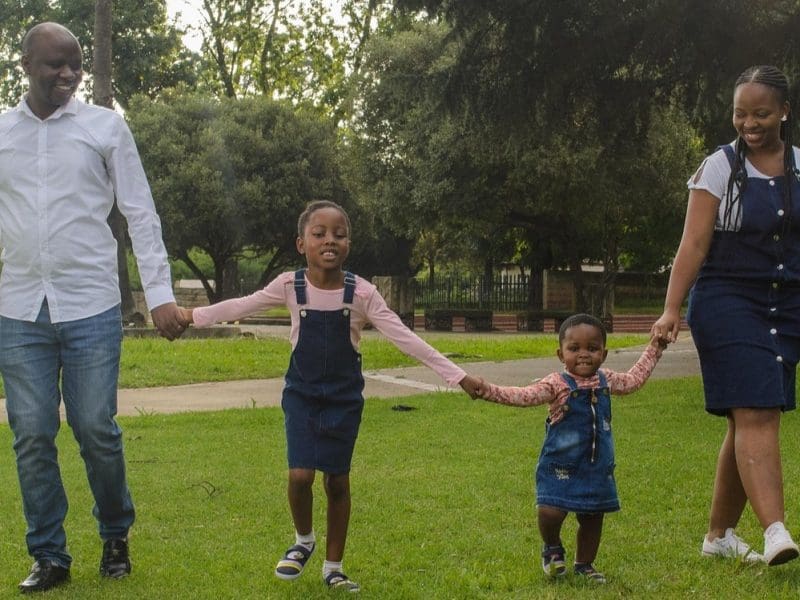Barriers to Employment and Training for Equity-Seeking Groups: Final Report
Groups underrepresented in Canada’s labour market include women, youth, Indigenous Peoples, newcomers, racialized groups, people who identify as 2S/LGBTQ+, and persons with disabilities; these groups also tend to be among the least well served by training and employment programs. There is a need to better understand the intersecting factors that pose barriers to these equity-deserving groups and Indigenous Peoples from accessing and benefiting from these programs and achieving employment success.
Employment and Social Development Canada (ESDC) relies on research and analysis of the skills gaps, learning needs, and barriers these groups face in order to adapt and target its programs and services. This report provides an overview of up-to-date research in this area to inform ESDC’s developing research strategy, intended to improve the capacity to measure, monitor, and address barriers faced by these groups. The report’s analysis was guided by socio-ecological, intersectional, and life course approaches to capture the needs and experiences of those seeking greater equity in the labour market.
Project Details
Published: June 2021
Capability: Policy Research
Policy Area: Adult Learning - Adult Training - Literacy and Essential Skills, Employment - Workplace Diversity and Inclusion - Labour Market Integration of Persons with Disabilities - Employment Supports and Services, Newcomers Labour Market Integration
Population: 2SLGBTQ+ People - Newcomers - Women - Youth
Type: Report
Other Related Projects

Basic Income Feasibility Study
SRDC is working with Pauktuutit Inuit Women of Canada to explore the feasibility of basic income in Inuit Nunangat and its potential impacts on…
Read More
Mentoring as a Catalyst for Youth Employment
This national project addresses emerging systemic challenges within the youth employment sector through strategic, cross-sector partnerships and rigorous research and development (R&D) approaches. Mentor…
Read More
Connecting Canada: Testing Innovative Immigrant Attraction Approaches While Building Attraction Capacity in Smaller Urban and Rural Communities
Connecting Canada will test the effectiveness of newcomer attraction capacity building initiatives in smaller urban and rural (SUR) communities. Knowledge and relationships gained from…
Read More